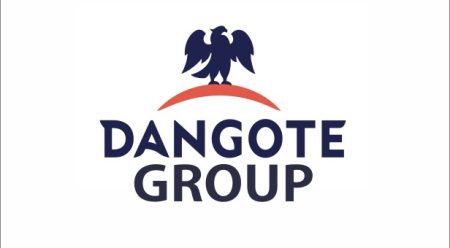Maduka Okoye, the Nigerian international goalkeeper plying his trade at Udinese in Italy’s Serie A, has been embroiled in a betting scandal that has resulted in a two-month ban from all official matches. The controversy stems from a match against Lazio during the 2023/2024 season, where Okoye was accused of deliberately receiving a yellow card to influence betting outcomes. This act, deemed sporting misconduct by the Italian Football Federation (FIGC), triggered a comprehensive investigation into irregular betting patterns surrounding the incident. The FIGC’s National Federal Tribunal ultimately handed down the two-month suspension, casting a shadow over Okoye’s career and raising broader concerns about the integrity of professional football.
The two-month ban, effective from the start of the 2025/2026 season, will see Okoye miss crucial matches for Udinese, including their opening Coppa Italia fixture and the first five Serie A games. This significant absence will undoubtedly impact Udinese’s early season campaign and create an uphill battle for Okoye to regain his place in the starting lineup. The timing of the ban, deferred to the following season, allows Udinese to retain Okoye’s services for the remainder of the current season, but leaves a looming cloud of uncertainty hanging over the player’s future. The delayed implementation of the suspension also fuels speculation and debate regarding the rationale behind the FIGC’s decision.
The implications of this ban extend beyond Udinese, affecting Okoye’s standing within the Nigerian national team. Having previously held the position of first-choice goalkeeper and represented Nigeria at the 2021 Africa Cup of Nations, Okoye has faced challenges in maintaining consistent form since the tournament. The suspension further jeopardizes his chances of reclaiming his spot as the Super Eagles’ number one, particularly with the emergence of other talented goalkeepers vying for the position. The incident adds another layer of complexity to Okoye’s career trajectory, raising questions about his ability to overcome this setback and regain the trust of both club and national team selectors.
The Okoye case highlights the growing concern surrounding betting-related misconduct in football. The increasing accessibility of online betting platforms and the vast sums of money involved create a fertile ground for potential corruption. The incident underscores the vulnerability of players to manipulation by illegal betting syndicates and the need for robust measures to protect the integrity of the sport. The FIGC’s investigation and subsequent ban serve as a warning to other players and emphasize the serious consequences of engaging in such activities.
The scandal also raises questions about the effectiveness of existing regulations and the need for increased vigilance in monitoring betting patterns. The ability of betting syndicates to exploit loopholes and manipulate match outcomes undermines the fairness and credibility of the sport. Football governing bodies face the challenge of implementing more stringent measures to detect and prevent such incidents, including enhanced education programs for players and stricter penalties for those found guilty of misconduct. The Okoye case serves as a wake-up call for the football community to address this growing threat and ensure the long-term health of the game.
The fallout from this incident extends beyond the immediate consequences for Okoye and Udinese. It underscores a systemic issue within the sport and the need for collective action to combat the influence of illegal betting. The incident has sparked widespread discussion and debate, prompting calls for greater transparency and accountability within football. The case serves as a stark reminder of the ongoing battle to maintain the integrity of the beautiful game and the importance of upholding the values of fair play and sportsmanship.














